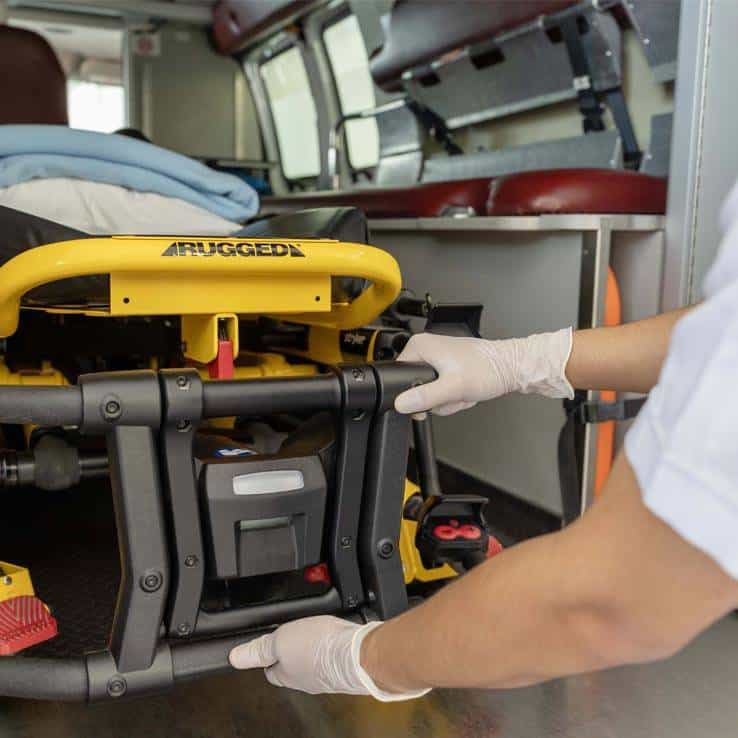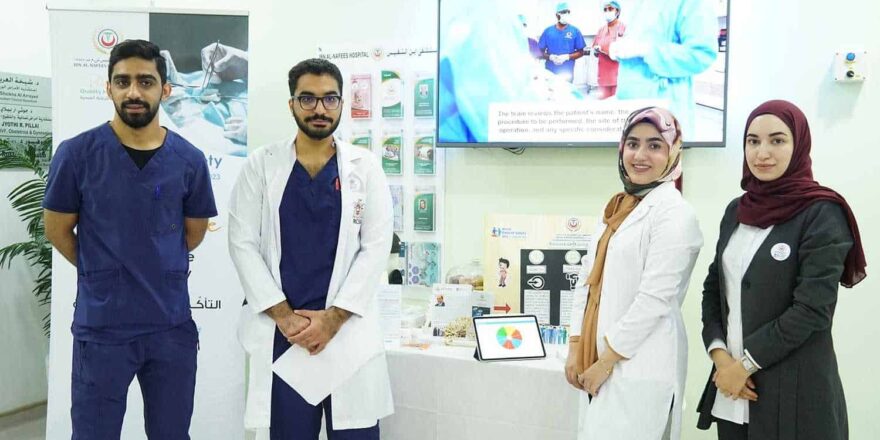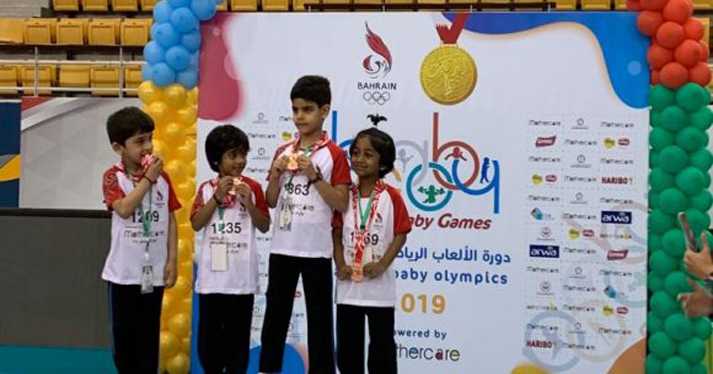In the fast-paced world of emergency medicine, the ability to provide immediate, effective care is crucial for saving lives and improving outcomes. Ibn Al-Nafees Hospital’s Emergency Department in Manama, Bahrain, stands out for its comprehensive range of services designed to address a wide variety of urgent medical needs. Equipped with advanced technology and staffed by experienced healthcare professionals, the emergency department is prepared to handle everything from minor injuries to life-threatening conditions. This blog post provides an in-depth look at the diverse services offered by Ibn Al-Nafees Hospital’s Emergency Department and how these contribute to exceptional emergency care.
1. 24/7 Emergency Care
The Emergency Department at Ibn Al-Nafees Hospital operates around the clock, ensuring that patients have access to medical care whenever they need it. This 24/7 availability is crucial for addressing:
- Acute Medical Conditions: Immediate care for conditions such as chest pain, severe headaches, and sudden changes in health.
- Trauma and Injuries: Treatment for accidents, falls, and other injuries requiring urgent attention.
With a team of dedicated emergency physicians and support staff, the department is always ready to provide high-quality care at any hour of the day or night.
2. Advanced Diagnostic Capabilities
Accurate and timely diagnosis is key to effective emergency care. The Emergency Department is equipped with advanced diagnostic tools, including:
- High-Resolution Imaging: Access to CT scanners, MRI machines, and digital X-rays allows for rapid and precise imaging of internal injuries and conditions.
- Laboratory Testing: On-site, fully automated laboratory services provide quick results for blood tests, urinalysis, and other diagnostic tests, facilitating prompt decision-making.
These diagnostic capabilities enable the emergency team to quickly identify and address critical issues, guiding appropriate treatment and intervention.
3. Trauma Care and Critical Interventions
For patients with severe injuries or critical conditions, specialized trauma care and interventions are essential. Ibn Al-Nafees Hospital’s Emergency Department offers:
- Dedicated Trauma Rooms: Equipped to handle serious injuries and complex cases, including those requiring surgical intervention.
- Advanced Life Support (ALS): Specialized equipment and protocols for managing life-threatening situations such as cardiac arrest, severe respiratory distress, and shock.
The department’s focus on trauma care ensures that patients receive the highest level of attention and expertise in critical situations.
4. Pediatric Emergency Services
Children require specialized care in emergency situations, and Ibn Al-Nafees Hospital’s Emergency Department is equipped to provide:
- Pediatric Emergency Care: Dedicated pediatricians and child-friendly facilities ensure that children receive compassionate and age-appropriate care during emergencies.
- Child-Specific Diagnostic Tools: Specialized equipment and protocols tailored to pediatric patients help in accurately diagnosing and treating conditions.
The department’s commitment to pediatric care ensures that young patients receive expert attention and support during urgent medical situations.
5. Emergency Surgical Services
In cases where surgical intervention is required, the Emergency Department has access to:
- On-Site Operating Rooms: Equipped for emergency surgeries, including those needed for trauma, appendicitis, and other urgent conditions.
- Immediate Surgical Consultations: Rapid access to surgeons and surgical teams ensures that necessary procedures can be performed without delay.
This capability is crucial for addressing urgent surgical needs and ensuring timely treatment for patients in critical conditions.
6. Specialized Emergency Care for Medical Conditions
Certain medical conditions require specialized emergency care. The Emergency Department at Ibn Al-Nafees Hospital provides:
- Cardiac Emergency Care: For patients experiencing heart attacks, arrhythmias, or other cardiovascular emergencies, including access to advanced cardiac monitoring and treatment.
- Respiratory Emergency Care: Management of severe respiratory conditions, such as asthma attacks or chronic obstructive pulmonary disease (COPD) exacerbations.
- Neurological Emergency Care: Immediate assessment and treatment for stroke, seizures, and other neurological emergencies.
Specialized care for these conditions ensures that patients receive targeted and effective treatment in critical moments.
7. Comprehensive Triage and Assessment
Effective triage is essential for managing the flow of patients in the Emergency Department. The department employs:
- Structured Triage Protocols: Patients are assessed based on the severity of their condition to ensure that those with the most urgent needs receive prompt attention.
- Rapid Assessment Tools: Streamlined processes and tools for quickly evaluating patient conditions and determining the appropriate level of care.
This approach ensures that all patients receive the appropriate level of care based on their medical needs and urgency.
8. Patient and Family Support Services
In addition to medical care, the Emergency Department provides support services to help patients and their families through the emergency experience:
- Patient Advocacy: Support staff are available to assist with questions, provide information, and address concerns during a patient’s emergency visit.
- Family Communication: Clear and compassionate communication with family members to keep them informed about the patient’s condition and treatment plan.
These support services help alleviate stress and provide reassurance during a challenging time.
9. Emergency Response and Disaster Preparedness
Preparedness for large-scale emergencies and disasters is a critical aspect of emergency care. Ibn Al-Nafees Hospital’s Emergency Department is equipped with:
- Disaster Response Protocols: Plans and procedures for handling mass casualty events and large-scale emergencies.
- Coordination with Emergency Services: Collaboration with local emergency services and disaster response teams to ensure a coordinated and effective response.
This preparedness ensures that the hospital is ready to handle significant emergencies and provide care in a variety of situations.
10. Follow-Up and Referral Services
After initial emergency care, patients may require follow-up or referral to specialized services. The Emergency Department provides:
- Post-Emergency Care Referrals: Coordination with specialists and primary care providers for ongoing treatment and follow-up care.
- Patient Discharge Planning: Guidance and instructions for managing care after leaving the hospital, including information on medications, follow-up appointments, and self-care.
This continuity of care helps ensure that patients receive comprehensive treatment beyond their emergency visit.
Conclusion
Ibn Al-Nafees Hospital’s Emergency Department is dedicated to providing exceptional care through its extensive range of services. From advanced diagnostic capabilities and trauma care to pediatric services and specialized medical interventions, the department is equipped to handle a wide variety of urgent medical needs. With a focus on timely, compassionate, and effective care, the Emergency Department at Ibn Al-Nafees Hospital stands ready to support patients and their families during critical moments. For those in need of urgent medical attention, the hospital’s commitment to excellence in emergency care ensures that you will receive the highest standard of treatment when it matters most.




